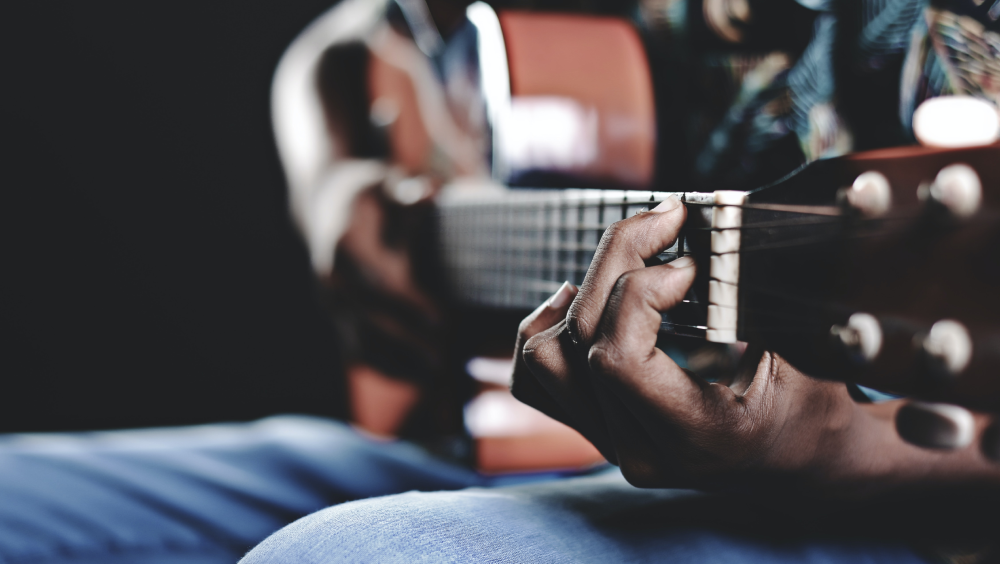The adage goes that practice makes perfect. But when it comes to learning an instrument, what kind of practice makes perfect? And how much?
Magesh is a drummer, pianist and composer. He has performed with Rhianna, Lionel Richie, Ricky Martin, Nelly Furtado and more. He currently teaches students all over the world.
Here, he shares his advice on how to get the most out of practice time with your instrument.
Have fun
At some point in time, we picked up an instrument for one reason. It made us feel good – whether that meant you played a basic beat on the drums, Mary Had a Little Lamb on the piano, or sang in the shower like you were Adele. It's easy for the journey of music to become stressful when we are too critical of ourselves, so try to remember the joy.
Be consistent
It's better to practice for 20 minutes every day than 2 hours once a week. Our brains and fingers need consistent repetition to get musical phrases in our muscle memory. Practice at the same time every day and it will become a habit as it is part of your schedule. Don't wait until you 'find time' to practice. You won't. There are too many distractions in life. I'm talking about funny cat videos on YouTube.
Get a professional teacher
Video tutorials are great, but the one thing they can never give you is feedback on your technique and progress. I teach online and have students all over the world. Online lessons are amazing as you can learn music with a professional musician in your lounge room. You can also do this wearing your pyjamas.
Set goals
You might want to be a world-famous rock star one day or just learn how to play Green Day songs on the guitar. Setting goals will be relevant to the amount of time you practice. I recommend 20 minutes a day if it's a hobby and a minimum of 3 hours a day if you want to be a professional musician.
Learn to read music
Learning to read music is just like learning a language. A professional teacher will help you understand time signatures, key signatures, and chord symbols. I always tell students to avoid tab. It's a lazy system that only works if you already know the song. You don't have to be able to sight read, but reading a chord chart will open up a world of musical opportunities.
Play along to your favourite songs
Learning chords, scales, and how to play with a metronome is important, but it's also important to play along with your favourite songs. Put headphones on and do your best to mimic the musical phrases. Don't get caught up on if what you are playing is perfect. Aim to get the same feel as the musicians on the song.
Look for inspiration
When I was a kid, I had to buy a magazine to read about my favourite musicians. Now, you can watch or read interviews online 24/7. Their knowledge can help you avoid making mistakes they made and take time off the trial-and-error process. Their words and playing can inspire you to pick up your instrument.
Be kind to yourself
This is the hardest part of all. A lot of us think that if we are not hard on ourselves we will not progress to the next level. This is a flawed concept. Being hard on yourself usually leads to feeling bad and then having a negative association with playing music. Also, don't compare your level of ability on your instrument to anyone else. It's easy to go online and see a 12-year-old musical prodigy and think that you suck compared to them! This type of thinking isn't helpful to your progress as a musician.





